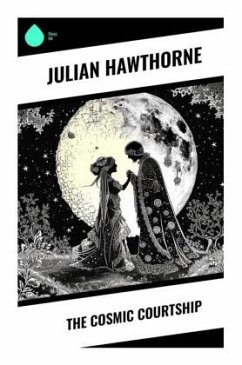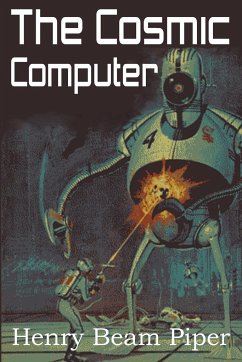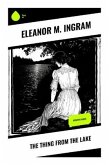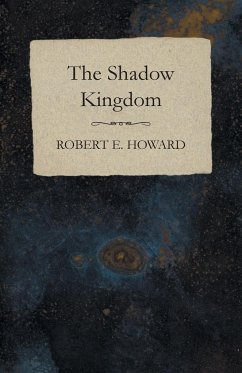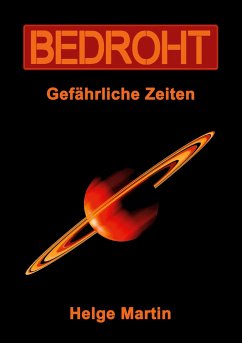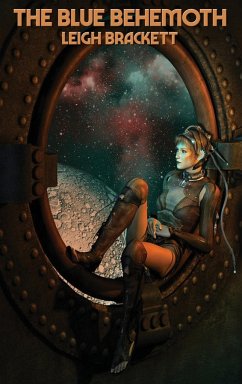In "The Cosmic Courtship," Julian Hawthorne explores the intricate interplay between human emotions and the vastness of the cosmos through a rich tapestry of allegorical storytelling. The novel presents a captivating narrative infused with Hawthorne's characteristic blend of romanticism and philosophical inquiry, characteristic of the late 19th-century literary context. Employing a lyrical prose style reminiscent of his father, Nathaniel Hawthorne, the book deftly addresses themes of love, destiny, and the metaphysical, challenging readers to consider how personal connections resonate with the cosmic order. Julian Hawthorne, a prominent member of the American literary scene and a passionate devotee of the transcendentalist movement, draws upon his complex family heritage and his exposure to various philosophical ideas when crafting this poignant exploration. The influences of his father's legacy and his own experiences with the triumphs and trials of life permeate the narrative, resulting in a work that is both intimate and expansive, demonstrating Hawthorne's keen understanding of the human condition and our place in the universe. I highly recommend "The Cosmic Courtship" to readers seeking a profound exploration of love's transcendent qualities interwoven with the grandeur of the universe. Hawthorne's narrative not only invites introspection but also opens up a dialogue about the existential threads that bind us together, making it a compelling read for enthusiasts of literary fiction and philosophy alike.
Bitte wählen Sie Ihr Anliegen aus.
Rechnungen
Retourenschein anfordern
Bestellstatus
Storno

